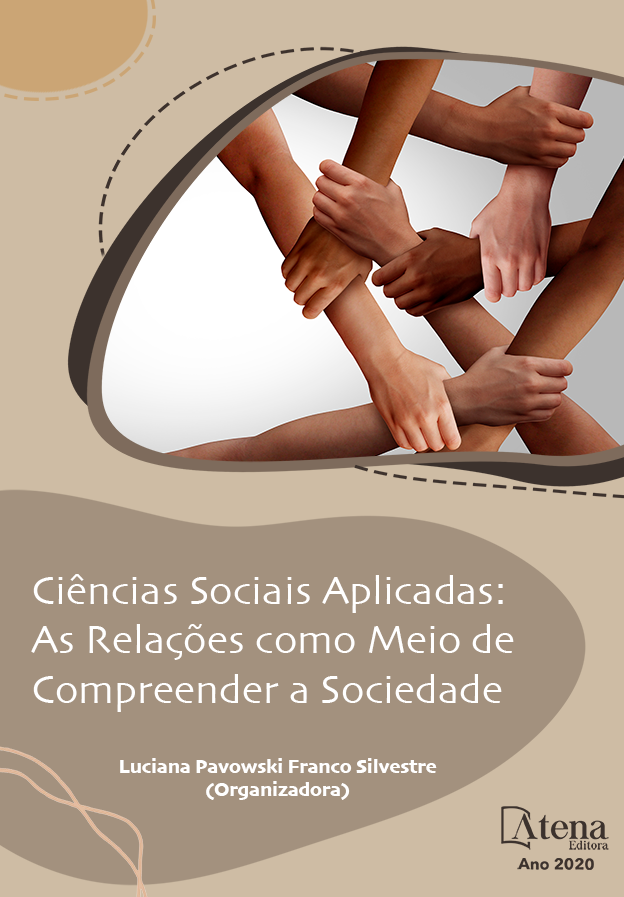
A MILITÂNCIA COMO MANDAMENTO OU EXISTE POSSIBILIDADE DE VISÕES PLURAIS NAS AULAS DE HISTÓRIA? APONTAMENTOS PRELIMINARES
Objetiva-se trazer apontamentos a respeito das diferentes possibilidades que o professor de História pode apresentar para além da ideia de militância à “esquerda” ou à “direita”, como se mandamento. A pluralidade de enfoques, os mais diversos e mesmo conflitivos, poderá fomentar o diálogo e a acolhida ao conhecimento entendido aberto sobre as “verdades da história”, o que de alguma forma, estimulará a participação e percepção do sentido de pertença por parte dos alunos já que poderão se aproximar ou vislumbrar o sentido da própria história nas diferentes temporalidades que podem estar contidas a partir destes na sala de aula. Existe uma armadilha entre “as diversas visões” e “o condicionamento”? Há como sair? Refletir sobre a prática docente na História pode contribuir para uma educação que se afaste das certezas, possibilitando a formação cidadã ao aluno, alheia às ideologizações que mais servem a quem escreve para pares, mas que acaba por formar (ou formatar?) o futuro professor de História ainda na Universidade. A proposta se ampara principalmente na vivência do primeiro autor como professor e por ser pouco analítica exigirá aprofundamento.
A MILITÂNCIA COMO MANDAMENTO OU EXISTE POSSIBILIDADE DE VISÕES PLURAIS NAS AULAS DE HISTÓRIA? APONTAMENTOS PRELIMINARES
-
DOI: 10.22533/at.ed.74020161011
-
Palavras-chave: Pluralidade histórica. Sentido de pertença. Apontamentos.
-
Keywords: Historical plurality. Sense of belonging. Appointments.
-
Abstract:
The objective is to bring notes about the different possibilities that the History teacher can present in addition to the idea of activism on the “left” or on the “right”, as if commanded. The plurality of approaches, the most diverse and even conflicting, may foster dialogue and welcome knowledge understood open about the “truths of history”, which in some way, will stimulate the participation and perception of the students' sense of belonging since they will be able to approach or glimpse the meaning of the story itself in the different temporalities that may be contained from these in the classroom. Is there a trap between "the different views" and "conditioning"? Is there a way out? Reflecting on the teaching practice in history can contribute to an education that moves away from certainties, enabling citizen education to the student, oblivious to the ideologizations that most serve those who write to peers, but that end up forming (or formatting?) The future teacher of History still at the University. The proposal is based mainly on the experience of the first author as a teacher and because it is not very analytical it will require further study.
-
Número de páginas: 20
- Everton Marcos Batistela
- Airton Carlos Batistela
- Mariza Rotta
- Manoel Adir Kischener


